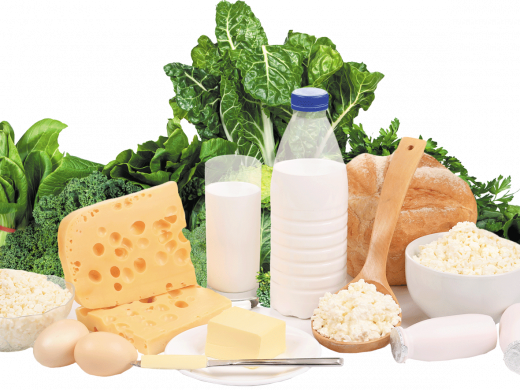DHA stands for Docosa Hexaenoic Aacid. It is a fatty acid belonging to Omega-3 group that is essential for the entirety of the nervous system, especially the vision. DHA holds a very high proportion in the grey matter (creating the intelligence) in the brain and in the retina (controlling the vision). In addition, DHA produces the sensitivity of neurons, which helps transmit information swiftly and accurately. However, our bodies can not synthesize these substances; they must be taken into the body from food.
Roles of DHA?
For adults, DHA has the effect to protect heart by lowering blood cholesterol and triglycerides. Experimentally, High-dose DHA also has ability to restrain and destroy cancer cells.
In particular, DHA is very important in the development of human intelligence. A study carried out on children from birth until 8-9 years shows that children that are breastfed and eat enough DHA have IQ index 8.3 higher than children that are little or not breastfed and not provided with sufficient DHA.
How to supplement DHA?
It is necessary to supplement DHA before and during the pregnancy. Diet to ensure adequate supply of DHA source is of great importance, especially in 3 last months of the pregnancy. The fetus needs 2.2 g Efason average for the development of the nervous system and blood vessels. DHA is much found in fish oil, fish and seafood. Thus, during pregnancy, mothers should eat more fish. When the child was born, the DHA source in breast milk will help children well develop their intelligence. Therefore, it is advised to wholly breastfeed babies in the first 6 months and maintain about 24 months. In the event children are not breastfed, it is necessary to choose alternative food to ensure adequate supply of DHA required for the comprehensive development of children.
(Source: Internet)






